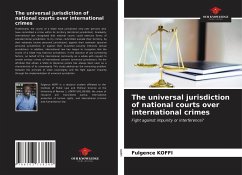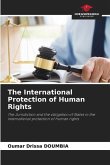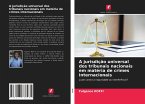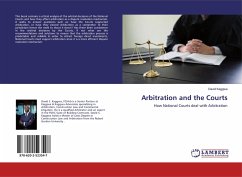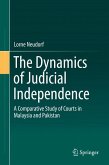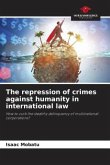Traditionally, the courts of a State have jurisdiction only over persons who have committed a crime within its territory (territorial jurisdiction). Gradually, international law recognized that national courts could exercise forms of extraterritorial jurisdiction: to try crimes committed outside their territory, by their nationals (active personal jurisdiction); against their nationals (passive personal jurisdiction); or against their essential security interests (actual jurisdiction). In addition, international law has begun to recognise that the courts of a State may exercise jurisdiction, in the absence of any connecting factors, on behalf of the international community as a whole with respect to certain serious crimes of international concern (universal jurisdiction). Yet the attribute that allows a State to dispense justice has always been seen as a characteristic of its sovereignty. This study addresses the remaining problem between the principle of state sovereignty and the fight against impunity through the implementation of universal jurisdiction.

